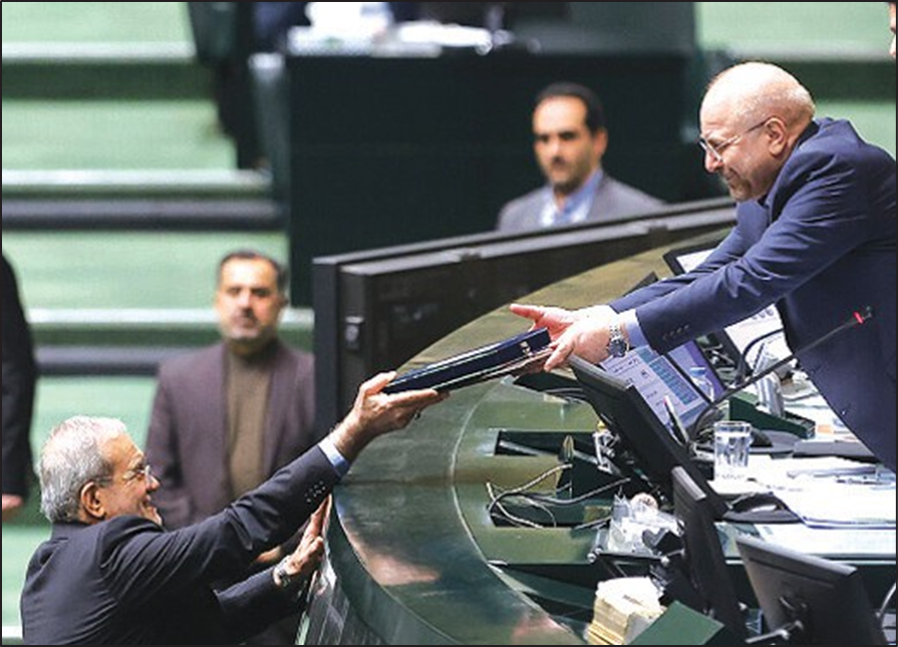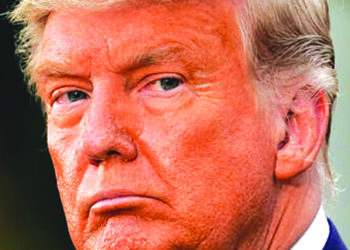Prosecutor General Gholam- Hossain Mohseni-Ejai, who is also the chairman of the committee tasked with monitoring websites, said Rafsanjani’s webmaster had previously been warned to remove the content in question.
Rafsanjani’s brother said earlier that the content the government had objected to was the text of Rafsanjani’s last Friday sermon given in July 2009.
In that sermon, Rafsanjani said Iran was in crisis and called for an end to the imprisonment of opposition protestors.
Rafsanjani, once considered part of the Supreme Leader’s close associates, sided with the Green Movement in the wake of the disputed 2009 election.
And Rafsanjani’s comments in that sermon meant he was re- moved from the last of five clerics who lead Friday prayers in Tehran, a major role for him over three decades.
The blocking of Rafsan-jani’s website is considered by some to be a tactic from the Supreme Leader’s camp to pressure the opposition ahead of the parliamentary polls, the first since the disputed 2009 presidential elections.
Others thought the action showed the level of fear and foreboding within the hardline camp. Still others thought it was just one more example of the efforts of hardliners to humiliate the once-powerful Rafsanjani.
Ejai said some objectionable content had previously been re- moved from Rafsanjani’s website, but the addition of more content lead to the closure of the website.
Rafsanjani’syounger brother offered more details: “The site management was asked a few days ago to purge the site and, as an example, omit the last Friday prayer sermon conducted by Ayatollah Rafsanjani,” Muhammad Hashemi Rafsanjani was quoted by the semiofficial ILNA news agency.
“The company which pro- vides service to Ayatollah Rafsanjani’s website announced last night [December 28] that they have been ordered to cut services to the site and, a few minutes later, it was out of service.”



















